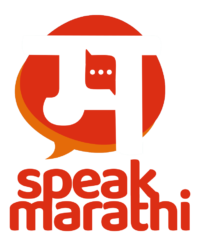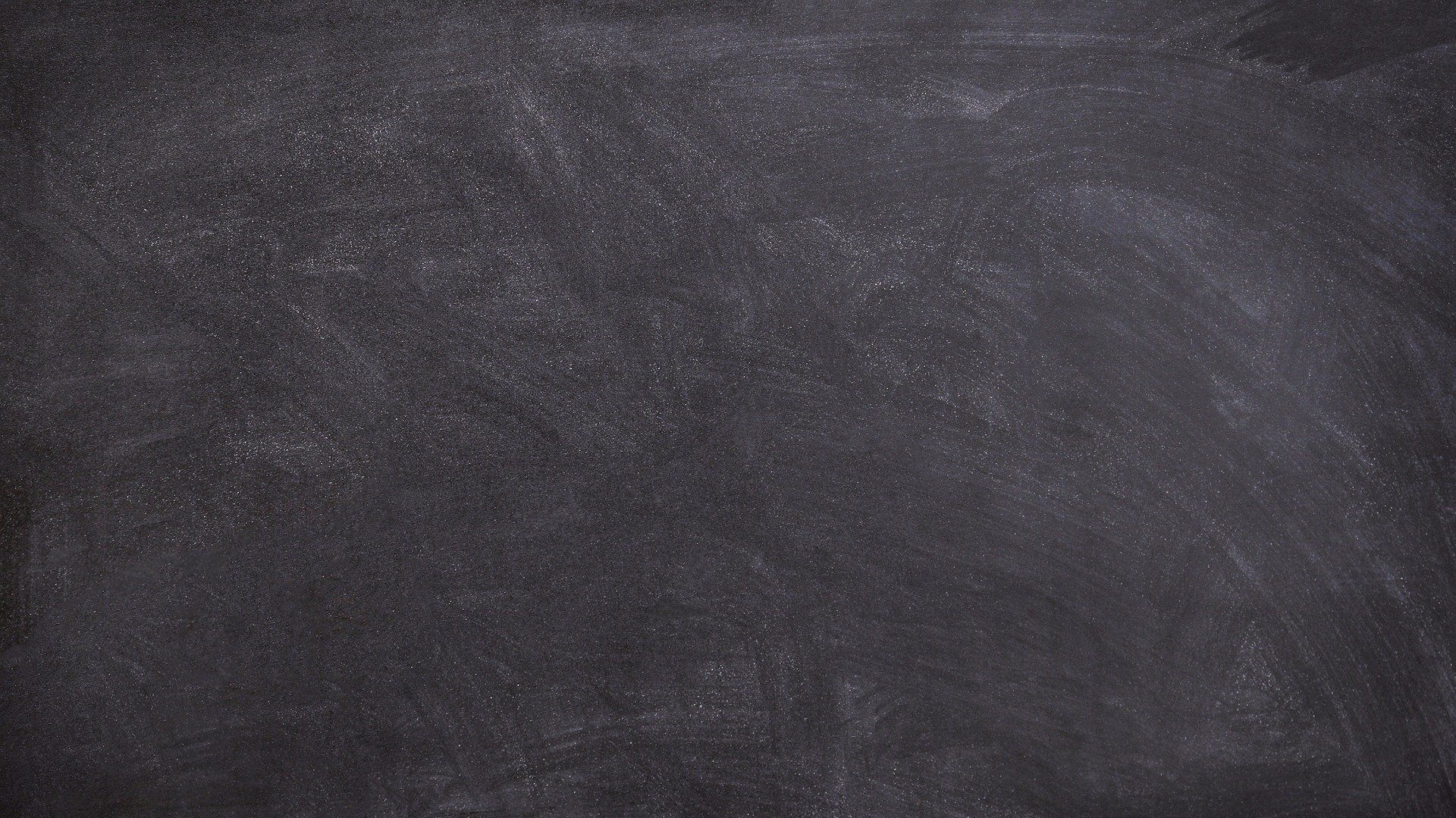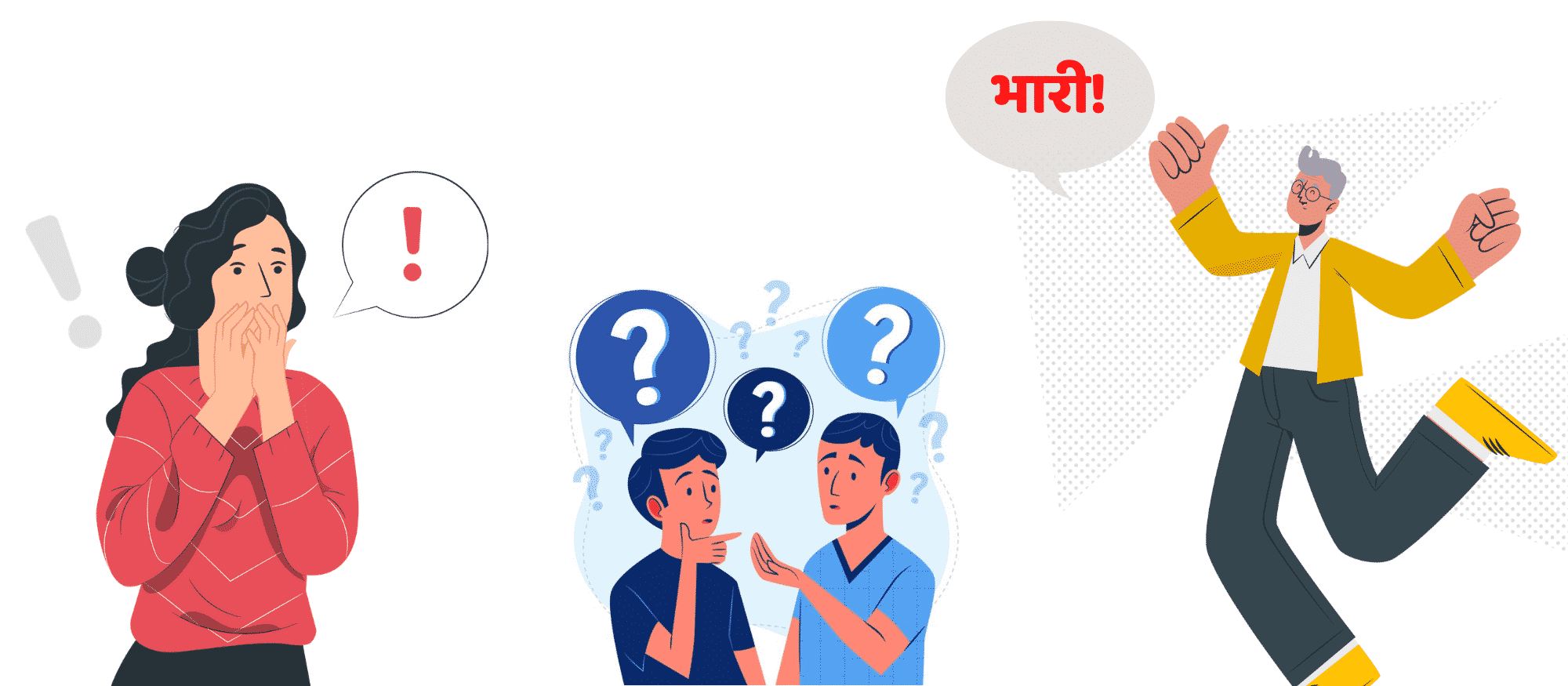Learning a new language can be tough and confusing. Apart from learning the grammar and vocabulary itself, one needs to understand the cultural norms and practices. Add to that, each language has slang as an integral part, which native speakers often use. Understanding and using these words and phrases can get difficult for new learners. Marathi slang is typically informal and more common in speech than writing. Read on to learn about some Marathi slang that native speakers often use!
Aaiga and Baaprey
Aaiga and Baaprey are versatile words, used to convey a huge range of emotions from despair and disappointment to empathy and pity. Most native marathi speakers use “Aaiga” and “Baaprey” pretty often, in different tones depending on the situation.
For example:
A: It’s starting to rain!
B: Aaiga!! I forgot my raincoat at home.
A: Yash saw a black bear on his trek last week.
B: Baaprey! Did they escape unharmed?
Theek aahey or Theekay
Theek aahey! Every single person who speaks Marathi will be able to relate to this one. The most common response to acknowledge something someone says to you, Theek aahey is the Okay of the Marathi language.
For example:
A: Let’s meet at Goodluck Cafe for breakfast tomorrow?
B: Theekay! What time?
Ho kaa?
Ho kaa is a typical way of expressing mild disbelief in a conversation. Its closest English equivalent is “really?” and “is it so?”. It is generally spoken in a questioning tone, and said in response to a speaker stating something in a conversation.
For example:
A: My niece celebrated Bhondla for the first time yesterday!
B: Ho kaa? Did she enjoy it?
Arre waah!
Arre waah! is the equivalent of saying “wow!” in English. It is usually used when one has been pleasantly surprised. Arre waah also expresses approval and is sometimes followed by “masta”.
For example:
A: I’ve started online classes with Speak Marathi
B: Arre waah, masta! How is that going?
Bhaari
Bhaari is what you say when you eat your mom’s home cooked meal after a long time! Although it doesn’t really have a literal translation, it denotes feelings of surprise and awe while speaking but can also be used as a praise. Pay attention to the context though, because sometimes, although rarely, it can also be used in a sarcastic way!
For example:
A: I completed a triathlon last week
B: Bhaari!! How long did it take you to finish?
Dada
Dada, although literally translated means ‘older brother’, is used in a much broader context as well. In Marathi, it is commonplace to address male strangers who are older to you with respect, and dada helps you do just that! It means “bro”, but respectfully. You can use this word to address a shopkeeper, a salesman, a rickshaw driver, or anyone else.
For example:
Dada, what’s the cost of a kilo of potatoes?
Dada, Karve Road la jaanar ka?
Nakki ka?
“Nakki kaa?” translates to “sure?” and is usually used to gain confirmation or affirmation. It is a common phrase and can be used in almost every conversation. our mom-in-law can ask you this after she has tried a new food recipe, your friend can ask you this while trying on new clothes, and your dad can ask you this while you’re teaching him how his new phone works. The quickest response to this is either “ho” or “nakki” in a sure tone accompanied by a smile.
For example:
A: The pohey you made yesterday were really tasty.
B: Nakki kaa? It was my first time making them.
Arrecha!
Arrecha is the equivalent of saying “that’s surprising!” in English. It is used when something unexpected happens and one doesn’t know how to react to it. Arrecha is also used in instances where one forgets to do something and is reminded of it when it’s too late.
For example:
A: I can’t find a good Marathi teacher where I live.
B: Arrecha!! Have you looked at Speak Marathi?
Although there are countless more everyday Marathi phrases, these are the ones found in every native speaker’s arsenal. They might differ a bit according to which part of the state you visit, but knowing them will surely give you an edge over the language.
Start using these Marathi slang words in your conversation practice, you’ll soon start to sound authentic. Surprise your Marathi speaking friends and family by learning them, and they’ll be over the moon!


